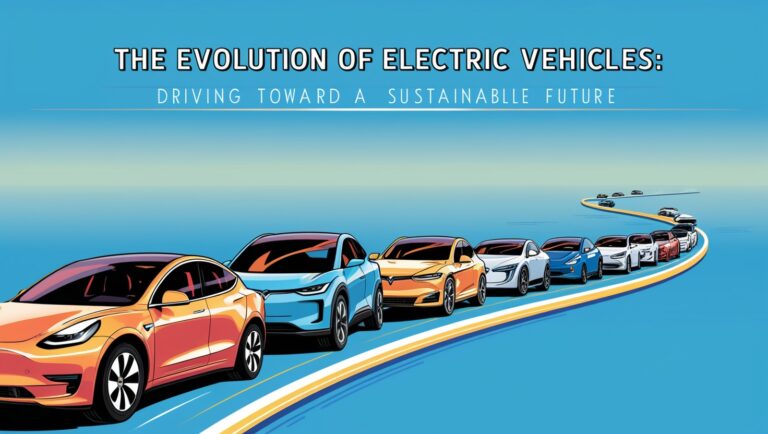
In the face of growing environmental concerns, sustainable living has emerged as a vital movement that empowers individuals to make choices that benefit both the planet and future generations. Contrary to popular belief, adopting an eco-friendly lifestyle doesn’t always require drastic changes. Small, mindful adjustments to daily routines can collectively have a significant positive impact.
Why Sustainable Living Matters
The planet faces critical challenges such as climate change, pollution, deforestation, and biodiversity loss. These issues, largely driven by unsustainable consumption and production patterns, threaten ecosystems and human well-being. By embracing sustainable living practices, individuals contribute to reducing their environmental footprint and fostering a healthier, more balanced world.
Small Changes That Make a Big Difference
- Reduce, Reuse, Recycle
The 3R principle is a cornerstone of sustainability.
Reduce: Minimize waste by buying only what you need and opting for products with less packaging.
Reuse: Choose reusable alternatives such as cloth bags, glass jars, and stainless steel water bottles over single-use items.
Recycle: Sort waste properly to ensure recyclable materials, such as plastics, paper, and metals, don’t end up in landfills.
- Conserve Energy
Simple actions to conserve energy include:
Turning off lights and appliances when not in use.
Switching to energy-efficient LED bulbs and appliances.
Utilizing natural light and ventilation whenever possible.
Investing in renewable energy sources like solar panels if feasible.
- Opt for Sustainable Transportation
Transportation is a major contributor to greenhouse gas emissions. Sustainable alternatives include:
Walking, cycling, or using public transportation instead of driving.
Carpooling or using ride-sharing services to reduce the number of vehicles on the road.
Driving electric or hybrid vehicles for reduced emissions.
- Adopt a Plant-Based Diet
Reducing meat and dairy consumption significantly lowers carbon footprints. Livestock farming is a leading cause of deforestation, water pollution, and methane emissions. A plant-based diet, even partially, can positively impact the environment.
- Support Local and Sustainable Products
Purchasing locally produced goods reduces transportation emissions and supports local economies. Additionally, opting for sustainably sourced products ensures ethical and environmentally friendly practices.
- Save Water
Water conservation is essential in combating scarcity and reducing energy use associated with water treatment. Steps include:

Fixing leaks promptly.
Installing low-flow faucets and showerheads.
Collecting rainwater for gardening purposes.
Using water-efficient appliances like dishwashers and washing machines.
- Grow Your Own Food
Urban gardening and community gardens are gaining popularity as sustainable alternatives to industrial agriculture. Growing your own herbs, vegetables, or fruits reduces reliance on store-bought produce and minimizes food miles.
- Minimize Plastic Use
Plastic pollution is one of the most pressing environmental concerns. Replace single-use plastics with biodegradable or reusable alternatives, such as bamboo cutlery, silicone food wraps, and fabric tote bags.
The Ripple Effect of Small Changes
Small, consistent efforts can lead to significant change when adopted collectively. For instance:
A single family reducing plastic waste can prevent hundreds of disposable items from polluting the environment annually.
Individuals conserving energy can decrease overall demand for fossil fuels, slowing global warming.
Localized efforts to grow food and conserve water can inspire community-wide initiatives.
Overcoming Challenges
Transitioning to sustainable living may initially feel overwhelming, but the key is to start small. Begin with one or two changes and gradually build on them. Join local sustainability groups or online communities for inspiration, support, and shared knowledge.
Conclusion

Sustainable living isn’t just a trend—it’s a responsibility we owe to ourselves and future generations. By making mindful choices in our everyday lives, we can collectively combat environmental challenges and create a healthier, more sustainable world. Every small change counts, and the power to make a difference lies within each of us.






